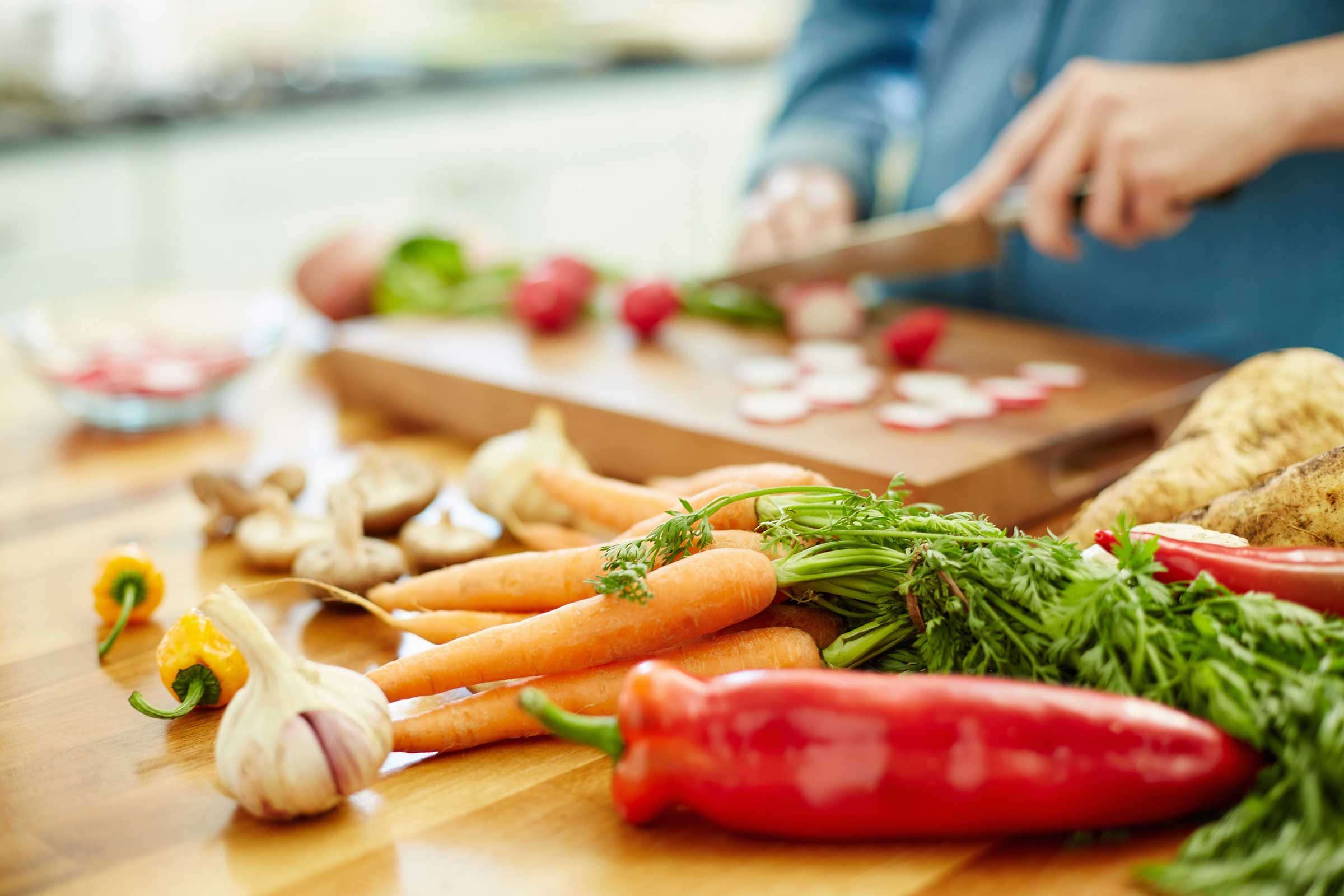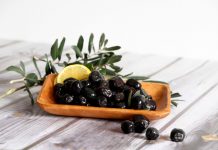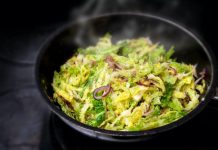Heat treatment changes the composition of fruits and vegetables, but this is not always a bad thing. Several studies have shown that heat breaks down some nutrients but releases others. Let us find out more.
It's all about the type of nutrient.
Many people believe that raw vegetables contain more nutrients than cooked ones, but this depends on the nutrient type.
Heat treatment destroys the thick cell walls of many plants, releasing the stored nutrients.
A German study on 200 raw foodists showed that they had higher plasma beta-carotene levels but lower than average lycopene levels. One of the factors that influenced the result was the lower content of lycopene in raw tomatoes than thermally processed ones.
Read also: 9 Signs The Food You Eat Isn’t Right For You
What Happens to Vitamin C and Other Water-Soluble Substances
According to a report by researchers at the University of California Davis, the loss of vitamin C, depending on the cooking method, can range from 15% to 55%. Fresh spinach loses about ⅔ during cooking, and peas and carrots - 85–95% of vitamin C.
Water-soluble nutrients such as vitamin C, vitamin B, and polyphenols are most susceptible to degradation during food processing and preparation.
Interestingly, vitamin C levels are often higher in frozen foods than fresh ones because they decrease during the storage and transport of raw crops. Another study found that after six months of freezing, cherries lost 50% of anthocyanins, nutrients found in fruits and vegetables' dark pigments. So, vitamins are not always stored in frozen foods.

What Happens to Vitamin A and Other Fat-Soluble Substances
According to a report published in The Journal of Agriculture and Food Chemistry, to preserve vitamins in carrots, zucchini, and broccoli, it is better to boil them than fry or eat them raw. Roasting has proven to be the worst way to preserve nutrients.
Fat-soluble compounds such as vitamins A, D, E, and K, and antioxidant compounds called carotenoids, are better retained during cooking and heat processing.
But when it comes to cooking vegetables, you always have to compromise. The same method can increase the availability of some nutrients while degrading others. For example, boiled carrots have higher carotenoid levels than raw carrots. However, unprocessed carrots have many more polyphenols, which disappear as soon as you start cooking them.
What happens to vitamins in the microwave
Although many people think that cooking in the microwave is harmful, vegetables cooked in the microwave can have higher concentrations of certain vitamins.
In March 2007, an experiment was conducted in which scientists observed how boiling, steaming, microwave cooking, and pressure cooking affect the nutrients in broccoli. Steaming and boiling resulted in a loss of 22 to 34% of vitamin C. The vegetables cooked in the microwave and under pressure retained 90% of the vitamin C.
Also read: 10 Foods That Help Combat Skin Aging
Conclusions
1. No cooking method, serving, and storing food will retain all the nutrients in vegetables.
2. If scientists have decided that boiled zucchini is useful, it is not a fact that it is right for you. If it doesn't go down your throat, it won't do you any good. Therefore, when choosing a cooking method, also rely on your taste.
3. The best way to get the most out of your vegetables is to enjoy them in different varieties;raw, stewed, boiled, baked, and grilled.
4. If you regularly eat various fruits and vegetables, you don't need to worry about the cooking method.
Adapted and translated by The Cop Cart Staff
Sources: Life hacker







